Projeto Global | Intercâmbios | Comitê Gestor | Reparação de Queixas
Projeto Global
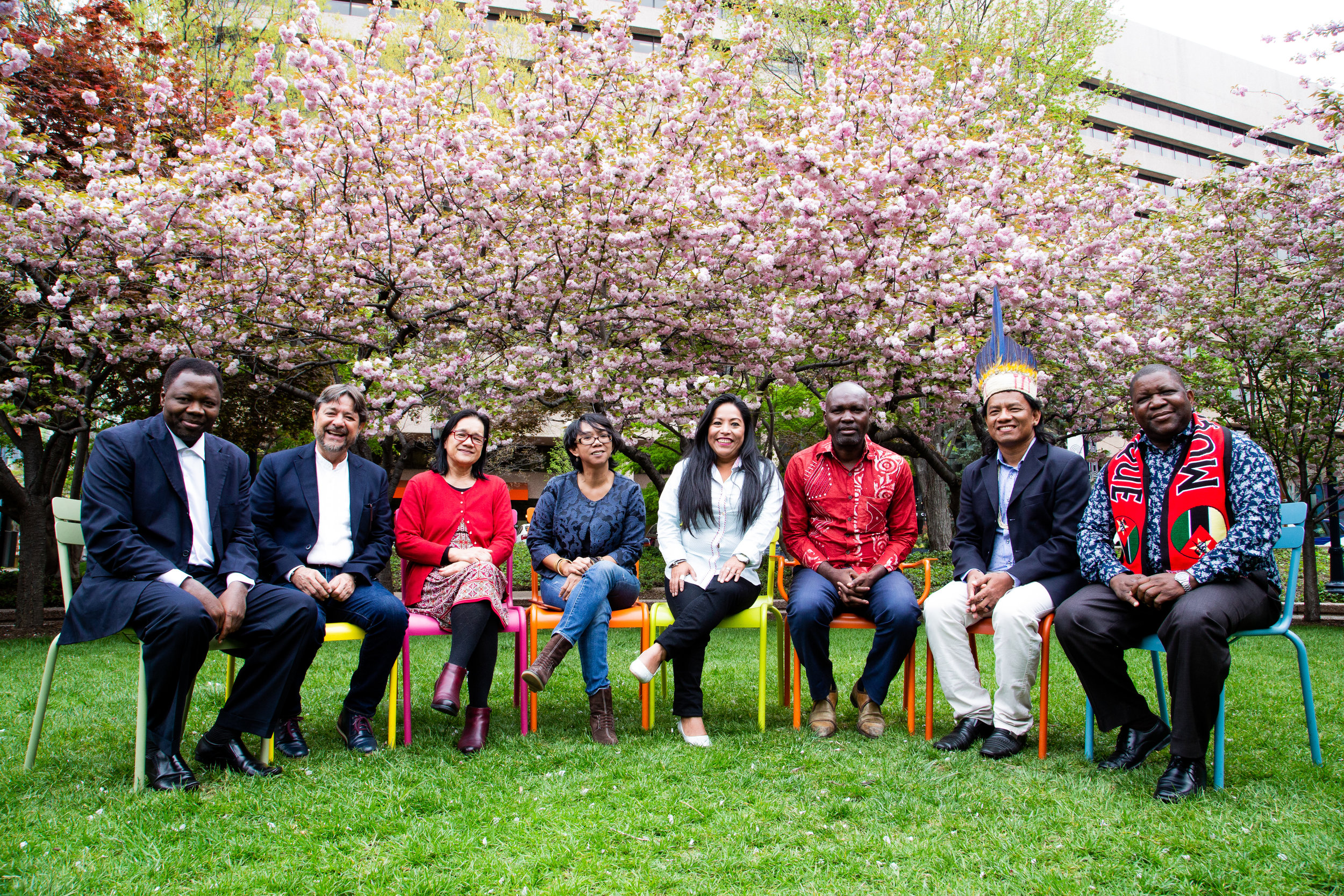
Projeto Global de Aprendizagem e Intercâmbio de Conhecimentos
Documento do programa
Financiamento Original: 5,0 milhões de dólares
Aprovação do Banco Mundial: março de 2015
Aprovação do Programa de Investimento Florestal: junho de 2015
Implementação: abril de 2015 a junho de 2020
Expansão: 5,0 milhões de dólares
Alocado: outubro de 2015
Comitê Gestor Global: Lista
Agência Executora Global: Conservation International
Fundos de Investimento Climático | Banco Mundial
Facebook | Twitter | YouTube
Objetivo: Organizar e facilitar a troca de conhecimento, aprendizagem e capacitação para os povos indígenas e comunidades locais (PICLs) nos níveis regional e global e fortalecer as redes e alianças das organizações de PICLs dentro e entre as regiões para melhorar sua representação e voz na política regional e global
Intercâmbio de Conhecimentos
A cada ano, o DGM Global realiza três intercâmbios regionais e um intercâmbio global para povos indígenas e comunidades locais de diferentes origens para que eles possam se reunir para compartilhar conhecimento, desenvolver habilidades essenciais e construir conexões com redes e organizações relevantes para melhorar seu papel na ação climática e manejo florestal sustentável. Nos seus dois primeiros anos de intercâmbio, o DGM Global reuniu cerca de 200 líderes de PICLs de 36 países, representando mais de 100 redes e organizações relevantes.
Envolvimento em Políticas
O DGM Global também apoia o envolvimento e a participação dos povos indígenas e comunidades locais nos principais fóruns políticos internacionais. A cada ano, o intercâmbio global do projeto é realizado imediatamente antes da Conferência das Partes (COP) da Convenção-Quadro das Nações Unidas sobre Mudanças Climáticas (CQNUMC). Esta é uma oportunidade importante para as vozes dos PICLs serem ouvidas, e os participantes do DGM desempenharam um papel influente em várias negociações, incluindo aquelas sobre a Plataforma de Comunidades Locais e Povos Indígenas da CQNUMC.
Monitoração e Relatórios
Além de seu trabalho de apoiar diretamente os povos indígenas e as comunidades locais, o DGM Global também fornece coordenação e apoio para projetos nacionais do DGM. Isso inclui apoio para novos projetos nacionais à medida que eles formam seus Comitês Gestores Nacionais e iniciam a implementação. O DGM Global também coordena o monitoramento, relatórios e comunicações com os projetos nacionais existentes do DGM para demonstrar o progresso e as realizações do programa como um todo.
The World Bank has been selected to continue managing DGM Global under the Nature, People, and Climate (NPC) program with an allocation of US$5 million under the DGM’s new financing window.
In February 2019, Mozambique signed one of the first Emission Reduction Payment Agreements (ERPA) with the Carbon Fund of the Forest Carbon Partnership Facility (FCPF), unlocking $50 million to support the country’s ongoing efforts to reduce carbon emissions from its forest sector. This milestone is part of a joint effort supported by the World Bank through the Integrated Landscape Management (ILM) Portfolio. In terms of program integration and harmonizing multilateral investment, Mozambique seems to be a unique example worth understanding.
In the summer of 2018, Conservation International (CI) held a weeklong workshop on Indigenous negotiation training and exchange with partners in Laikipia County, Kenya. Read Part Two here.
The United Nations has declared 2019 as the International Year of Indigenous Languages. The potential loss of these languages poses a further risk to the cultures and traditional knowledge systems tied to them. Indigenous peoples are critical partners for forest management and climate action, and their languages must be preserved.
DGM Global will hold its Global Exchange from Friday, November 30 to Saturday, December 1, 2018 in Katowice, Poland. The exchange will focus on effective IPLC engagement in climate policy, and it will feature the participation of several prominent indigenous leaders, who are actively engaged in climate action and UNFCCC negotiations.
Tropical forests hold the potential to provide one-third of the near-term solution to mitigate climate change. Growing evidence demonstrates that when the rights of Indigenous Peoples to their land and natural resources are respected, deforestation rates are lower than in areas managed by the government.
Located in the northeast region of Peru – in the San Martin region – the Alto Mayo basin houses fourteen indigenous Awajun communities, settled across 146,529 hectares (a little less than 20% of the entire basin). Originally from the northern part of Peru, the Awajun emigrated from Loreto and Amazonas in the first quarter of the 20th century when they faced pressure from oil exploration, border conflicts, military presence, and colonization.
As indicated by the indigenous leaders of the Selva Central, the titling of indigenous lands allows for the reduction of socio-environmental conflicts, deforestation and as such, decreases greenhouse gas emissions and strengthens the food sovereignty of indigenous peoples.
Launched in April of 2018, Earth Observation for Indigenous-led Land Management (EO4IM) is a NASA-funded project being implemented by a team from Conservation International (CI). The project’s objective is to strengthen the technical capacities of indigenous organizations in the Americas – and globally through alignment with the Dedicated Grant Mechanism for Indigenous Peoples and Local Communities (DGM) – to harness the power of earth observation (EO) for enhanced sustainable land management.
From June 11-15, DGM Global held its second annual Americas Regional Exchange in Junín, Peru. In total, the exchange featured 25 key representatives of indigenous peoples and local communities (IPLCs) from 10 countries, including one from Indonesia, whose participation helped promote cross-regional exchange and learning.
Through their participation in global and national steering committees, representatives of Indigenous Peoples and local communities (IPLCs) direct all aspects of the DGM, with support from global and national executing agencies. The GSC is composed of one member from each of the operational National Steering Committees (Brazil, Burkina Faso, the Democratic Republic of the Congo, Ghana, Indonesia, Mexico, Mozambique, Peru, and the Republic of the Congo), as well as one representative of a country outside the Forest Investment Program (Philippines).
This year, we are excited to announce that the second Latin America Regional Exchange will take place between June 11-15, 2018 in Satipo, Peru. The exchange learning topics include titling of indigenous lands and territories, recognition of communities, management of natural resources, and a day of workshops on the importance of communities in land management practices and ecological monitoring.
“This is my 5th year participating in the Conference of the Parties (COP) of the [UNFCCC]. It is promising to see many of the commitments made in Paris beginning to come to fruition. The Local Communities and Indigenous Peoples (LCIP) Platform…has presented a space for indigenous peoples and local communities (IPLCs) to have a continuing role in climate action.”
The DGM is excited to launch the COP23 Special Edition Newsletter. Check it out for a deep-dive into the major milestones achieved for indigenous peoples and local communities during the 2 week negotiations!
“While I was young…many Indigenous Peoples leaders traveled to participate at the [UN] Conference on Environment and Development in 1992 in Rio de Janeiro. Our brother Mr. Marcus Terena made a statement on behalf of indigenous peoples and said ‘we offer our contribution with our science and wisdom, are you ready to hear us?’.'“
Today, COP 23 reached one of the major priorities expected for this year’s climate negotiations: a decision to operationalize the Local Communities and Indigenous Peoples Platform (LCIP Platform)…This is a step forward in recognizing the knowledge systems and efforts of local communities and indigenous peoples in addressing climate change.
From November 1-3, the DGM held its 2nd Annual Global Exchange in Bonn, Germany. The exchange was designed specifically to support the effective participation of indigenous peoples and local communities in the upcoming 23rd Conference of the Parties (COP 23) of the UNFCCC.
The DGM program is excited for its upcoming Global Exchange and participation in UNFCCC COP23 in Bonn, Germany. See event details within.
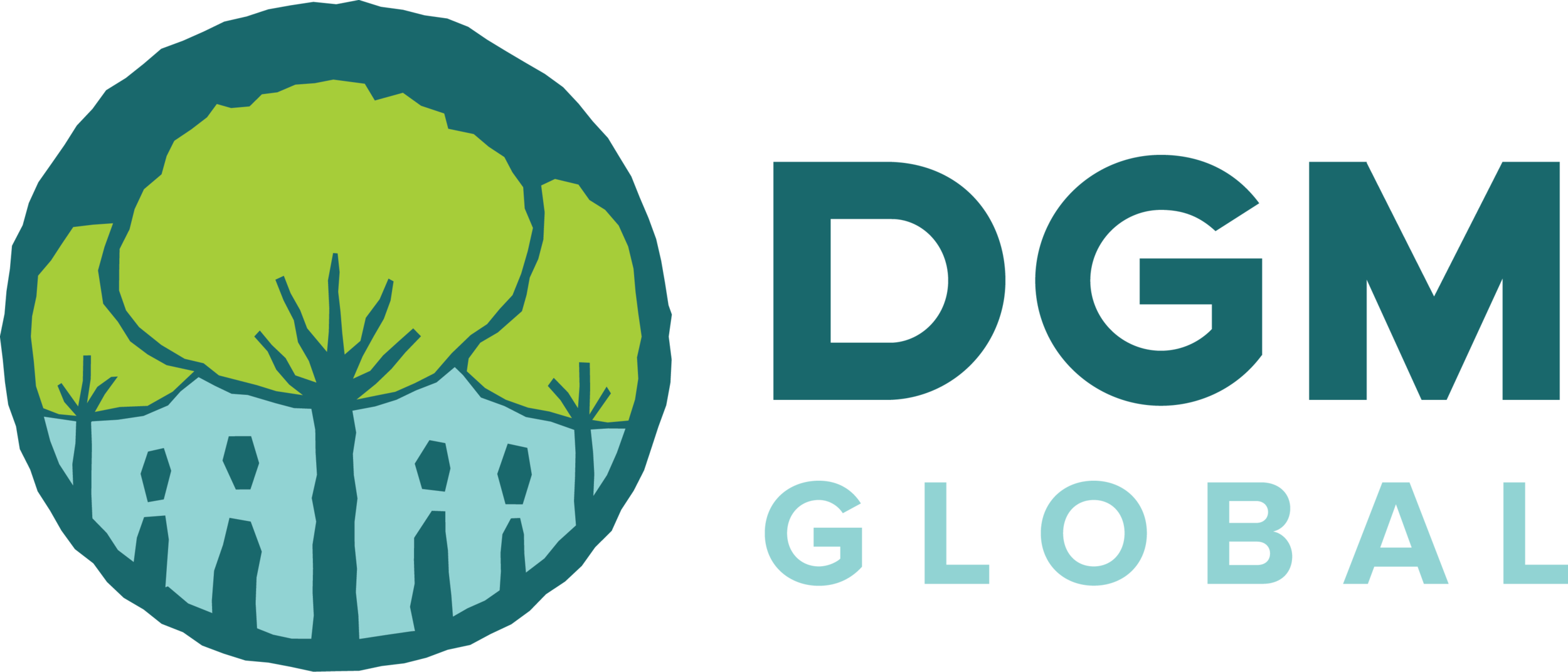



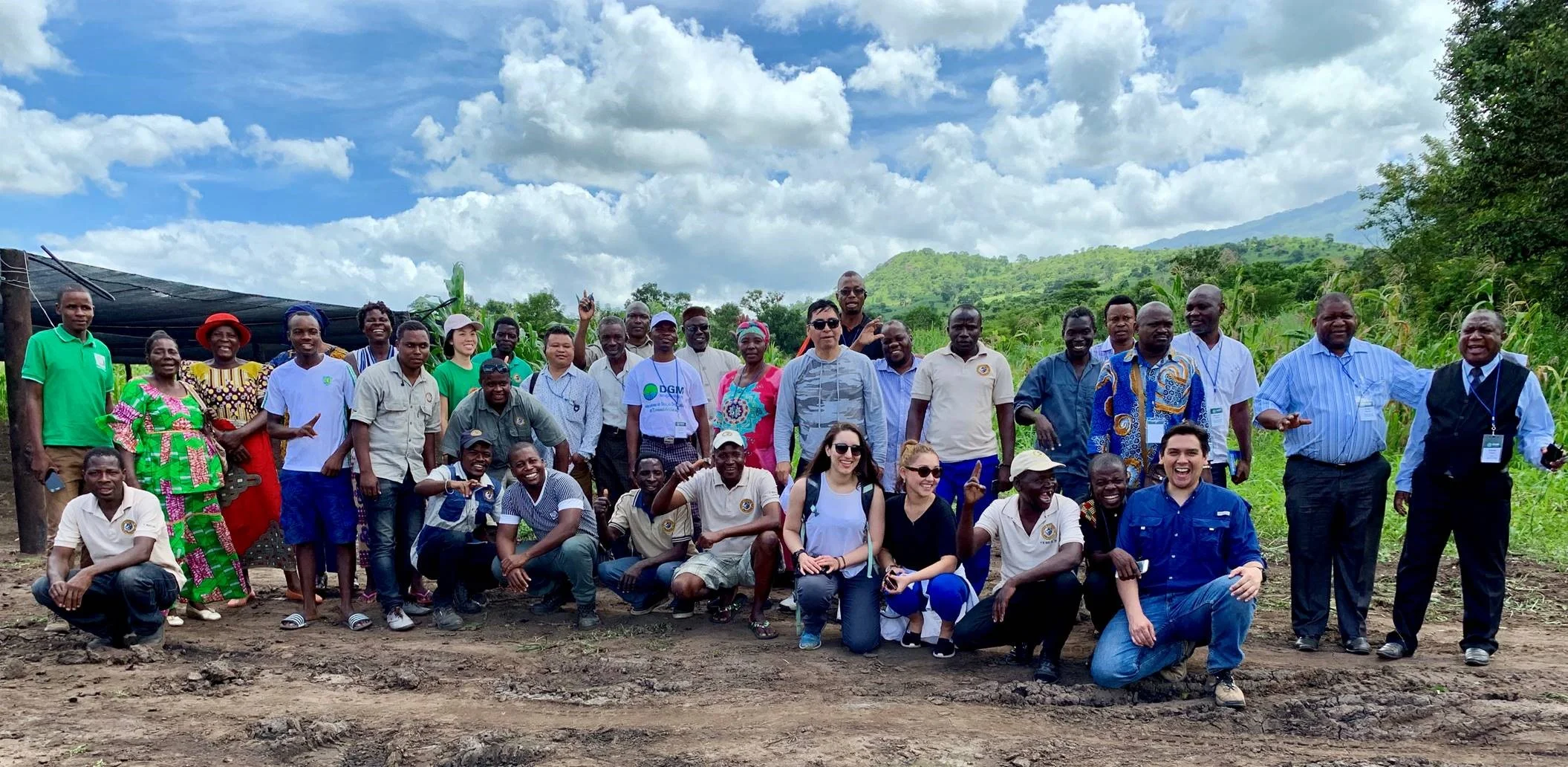
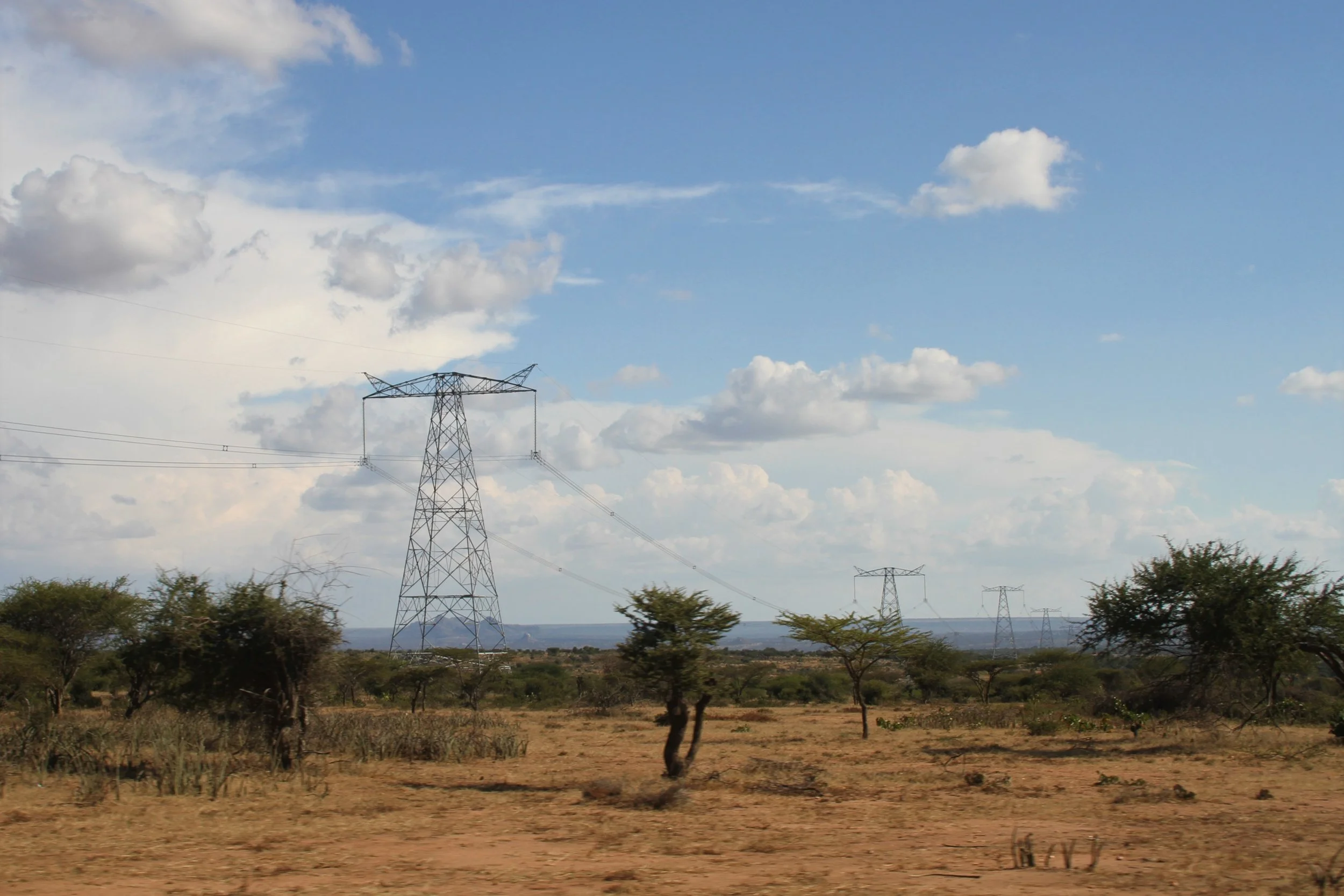









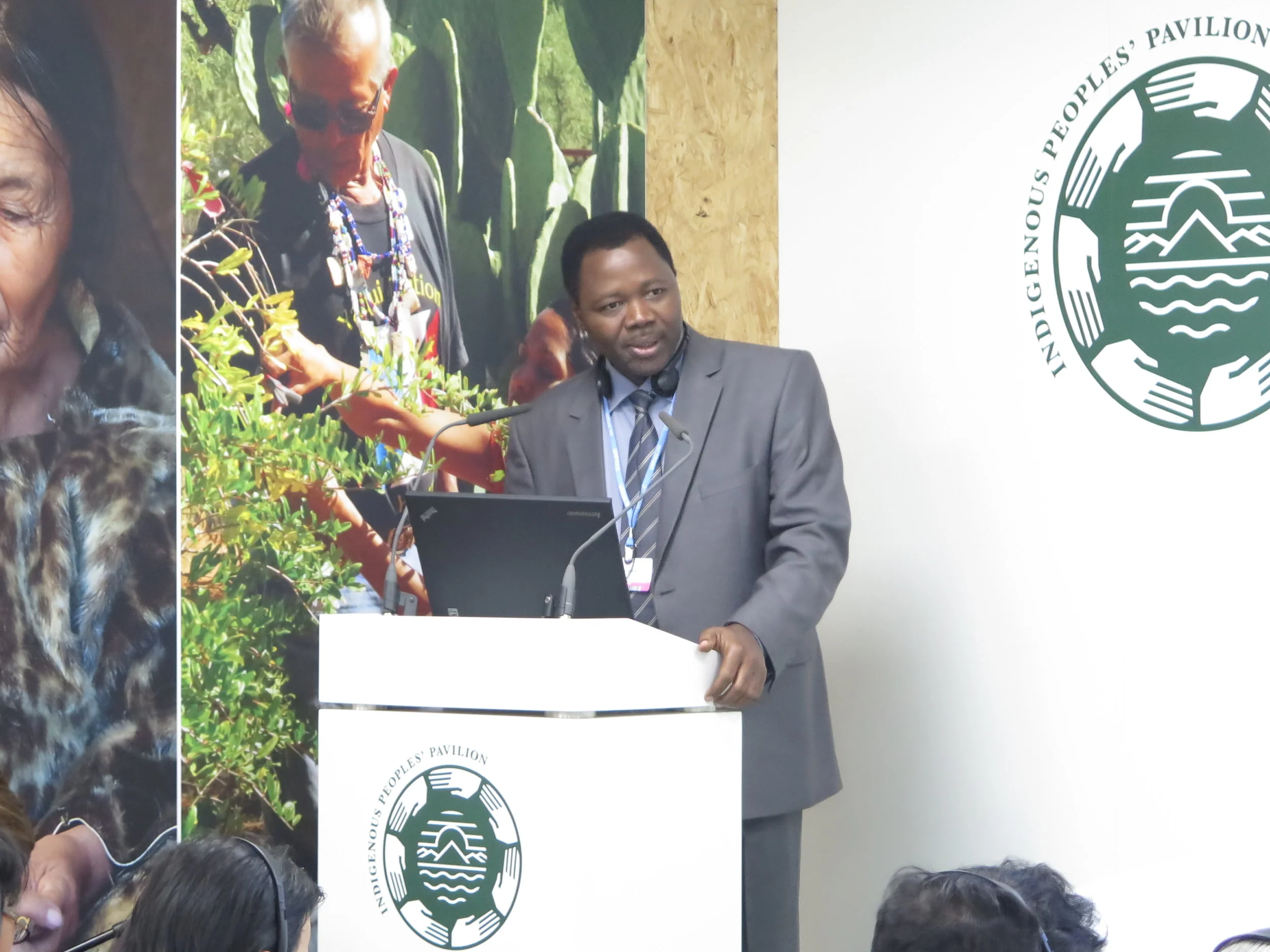


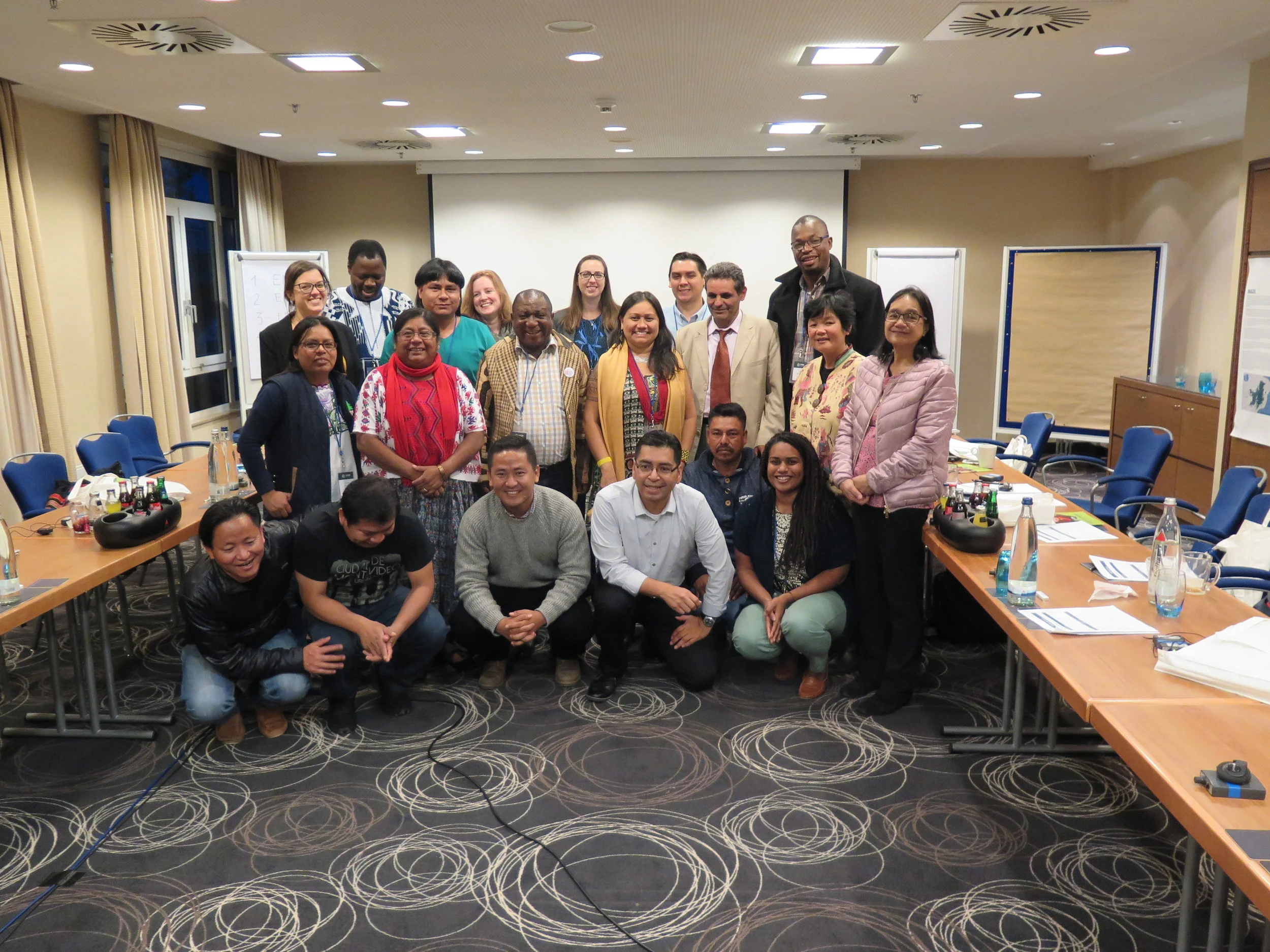

In the summer of 2018, Conservation International (CI) held a weeklong workshop on Indigenous negotiation training and exchange with partners in Laikipia County, Kenya. Read Part One here.